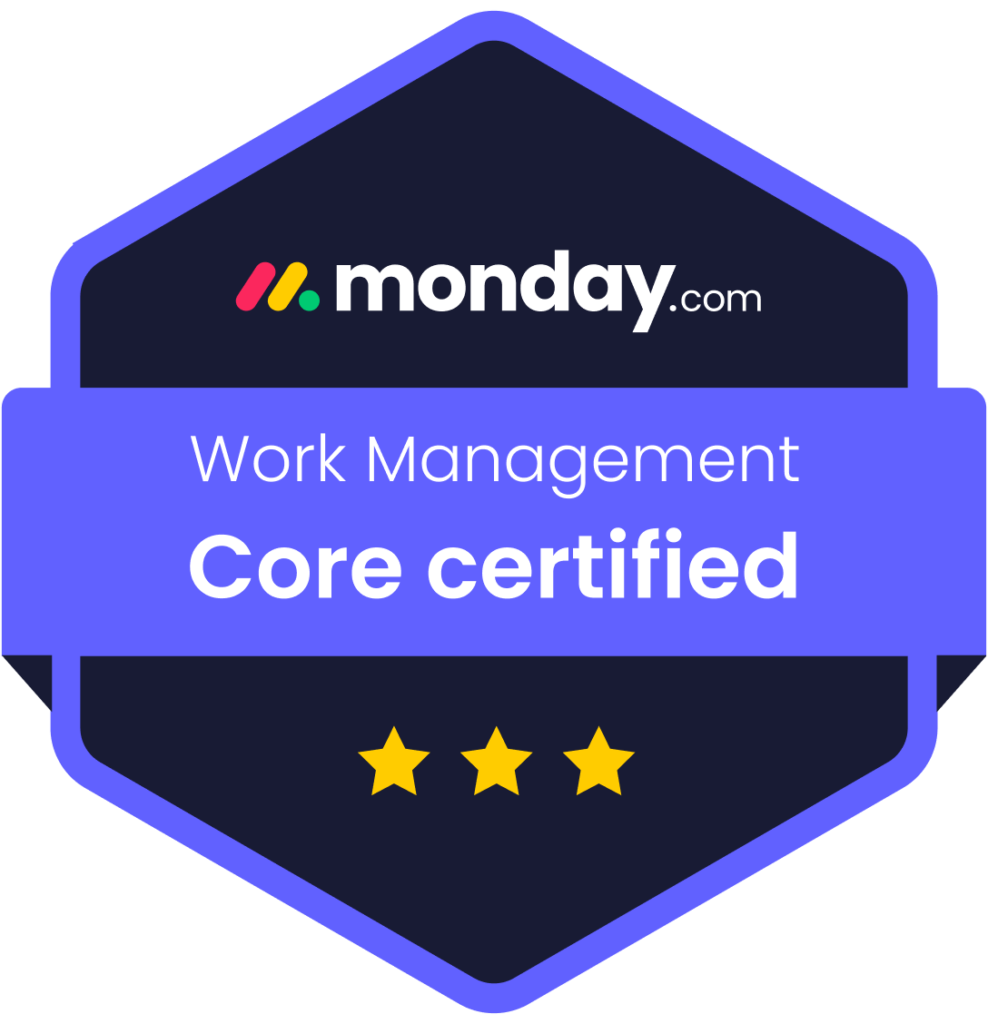A website helps establish a strong online presence for your business in New England. It works as your storefront and informational brochure all rolled into one. Here is everything you need to know about website development in New England.
What is Website Development?
Website development is the process of creating and maintaining websites. Its goal is to build a functional site that meets the specific needs of businesses and their customers. A properly designed website has the following qualities.
- Visually appealing
- User friendly
- Informative
- Easy to navigate
Website development requires the knowledge of web design, coding, content creation, etc., to bring websites to life.
Website Development Steps
Here are the steps to develop a website that ticks all the boxes for your business.
Planning
Sit down with the developer to outline the needs for your site. Proper stepwise planning is half the work done! Define the website’s purpose! Is it to sell products, provide information, or generate leads? Clear objectives guide the entire development process.
Identify your target audience. Understanding who will use the website helps design content to match the user’s needs. Outline the site’s main features once it is out of the way. Create a sitemap to organize content logically. It also is beneficial for SEO.
Set aside a realistic budget and timeline for the completion of the project. It is wise to leave a buffer for unforeseen circumstances.
Design
Create wireframes to show the structure of web pages without detailed design elements. You can plan the placement of content at a later date. Choose the design language according to your brand. It must appeal to the target audience. The design should be consistent across all pages of the website.
Develop an intuitive user interface. Your site will perform poorly if your site is complicated to navigate or doesn’t work on different devices or screen sizes.
Development
The design is turned into a functional website using a website builder or manual coding. The developer adds the features outlined in the planning phase. You can also use a CMS like WordPress and install your preferred theme.
Content Creation
Create content for each page of the site. Write well-articulated headlines, body text, product descriptions, etc. The text should be in a style that engages your target audience. Also, try to include keywords organically for SEO.
The content should be attractive, with properly placed images or videos. You should structure it in such a way that it is easy for visitors to find what they are looking for.
Testing
Give the website a thorough once-over before going live. Check for any broken links. Every link on the website should lead to the correct destination. Test the site on different devices and browsers. The website should function correctly on various devices like desktops, tablets, smartphones, etc. Check that the layout is displayed correctly on popular browsers.
Every function, such as contact forms, e-commerce checkouts, etc., should be tested. Leave nothing to chance. Make necessary changes to iron out any kinks. You should be extra careful when checking for security parameters for websites handling sensitive information.
Deployment
Finally, make your website available to the public. The deployment process differs according to the tech stack used for development. After it’s hosted on the server, configure the DNS setting to connect your domain name to the server.
Maintenance
Ongoing maintenance after launch helps keep the website running smoothly. Update content on your site regularly. Fresh content keeps visitors engaged. It also improves your search engine rankings.
Fix any bugs that arise promptly. Regular updates help protect the site from any security lapses. You must track performance metrics and make improvements as needed.
Also, perform backups at regular intervals. It helps restore the website if something goes wrong or you need to migrate it to a new domain.
Top CMS Platforms
Content Management Systems (CMS) provide a user-friendly interface for managing website content. They make it easier for non-technical users to update their websites. Here are some of the top CMS platforms.
WordPress
WordPress offers flexibility to its users. This open-source CMS has a large selection of themes and plugins. You can customize the site to your heart’s content without coding from scratch. Here are some of its stand-out features.
- SEO-friendly
- Regular updates
- Strong community support
- Scalability
Shopify
Shopify is a good choice for setting up online stores quickly. It simplifies many aspects of running an e-commerce business. It offers the following features.
- Built-in payment processing
- Inventory management tool
- Reliable marketing tools
- Choice of themes for personalization
Drupal
Drupal is a powerful CMS popularly used for large-scale websites. It has a steeper learning curve than some other CMS platforms, but it is complemented by the features it offers. Here are some of the features of this CMS.
- High levels of customization
- Strong security features
- Ability to handle large amounts of data
- API first architecture
- Multilingual capabilities out of the box
Wix
Wix is popular among small businesses and individuals who lack technical knowledge but want to create professional-looking websites. It is an easy way to kick-start your online presence. Some of its features are listed below.
- Drag-and-drop design tools
- Built-in hosting
- App market to add various functionalities to their websites easily
How Much Does Website Development Cost in New England?
Website development costs $2000 and above based on the complexity. You can feel free to reach out for a custom quote. We can customize the package according to your needs. The pricing changes according to the following factors.
- Number of pages
- Custom features
- Design requirements
- Ongoing maintenance needs
Why Choose Us?
You can choose us for website development in New England to benefit from our experienced team. We will develop a responsive website that’s optimized for speed. We have a proven track record of successful projects across various industries. Our team has worked with businesses of all sizes. We are skilled at understanding your needs and bringing them to life.
We stay up-to-date with the latest web technologies and best practices. We strongly believe in the four tenets listed below.
- Transparency
- Competitive Pricing
- Quality Deliverables
- Support
Speak to our experts at (203) 226-8795, fill out our contact form, or email us to develop a website that helps your New England business grow!













